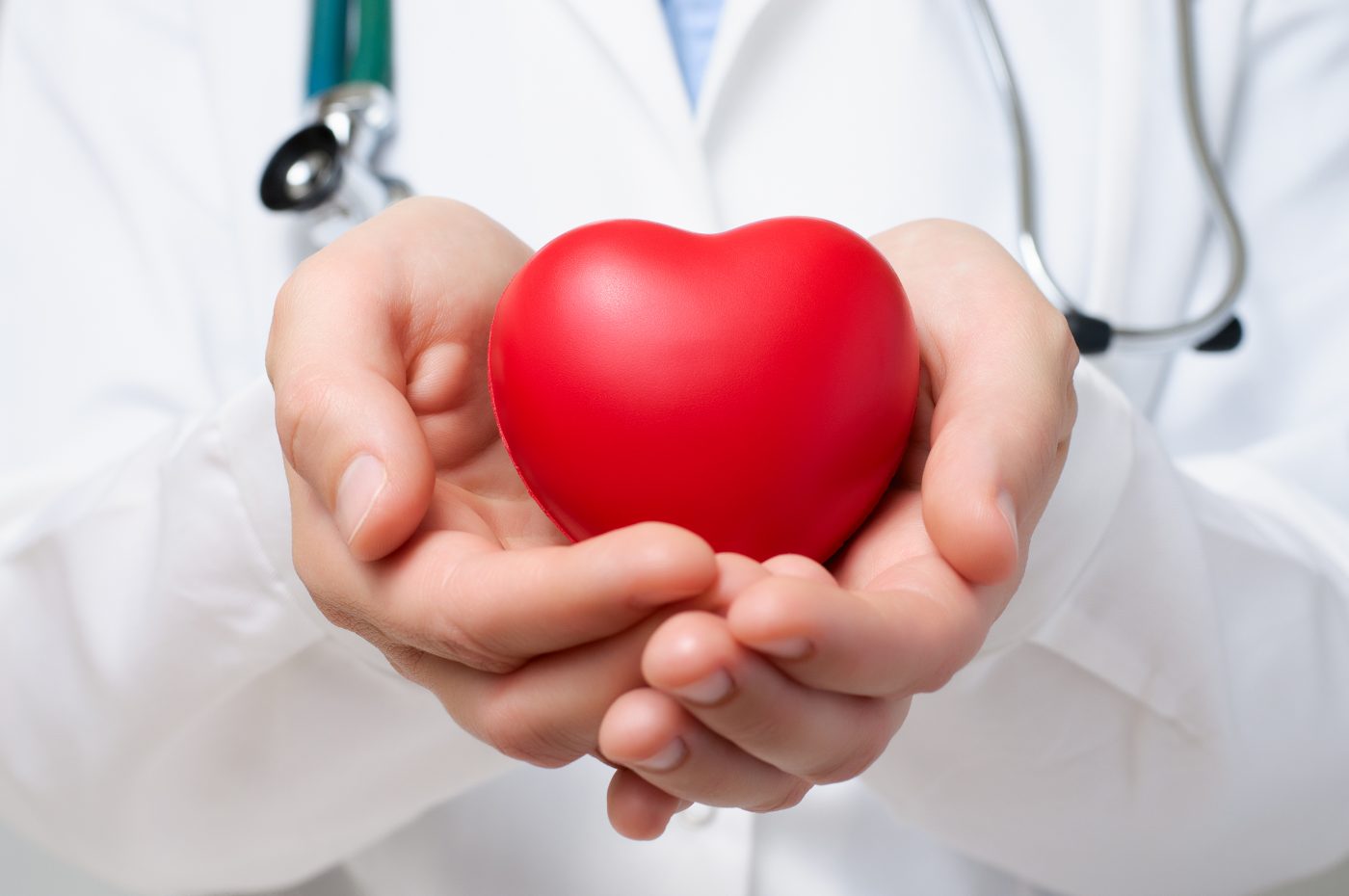This past weekend, I went out for a couple of hours with my friends. I didn’t touch any alcohol, and I made my way home as they queued for a club that would see them through to the morning. Yet, I was still exhausted, tearful, and unwell the next day. I stayed out longer than my body could handle, and even though I was aware of that while I was there, part of me thought it was about time I came home later than 11 p.m. on a Saturday.
The balancing act between rest, work, and social life, and the changing of our diets and health choices, are things I am constantly learning and adapting to. In the next couple of weeks, I’m going to be writing about the lifestyle changes that have helped me. But before I do, I want to address this idea of balance, the complications and realness of it all.
When I started trying out the endometriosis diet, it was fun (and still is!). I’d been depressed for a long time, and my endometriosis pain was rapidly getting worse. My first encounters with unrefined sugar, and gluten-free and dairy-free cooking were exciting. Realizing I could make delicious desserts without aggravating my pain was something that brought joy into my life again.
So, naturally, I dived right in, and when I saw the results, I was so astounded I just wanted to go full throttle with it all. I wanted to make these kinds of positive changes to all areas of my life to feel mentally, emotionally, and physically better.
We started eating only organic, unprepared fruit and veggies. I removed all toxins from our home and from my dressing table and swapped them for natural beauty and household products. I tried out countless essential oils and super foods, and ordered books on different healing techniques. I stopped drinking. I stopped staying out late with friends. I began seeing a psychotherapist. I started looking for a less stressful job and began processes with the human resources office to make reasonable adjustments. I meditated, did yoga and worked out. Anything that might have helped with managing my endometriosis and depression, I did religiously.
And, yes, I felt better. My pain was more manageable, I fell ill less and felt stronger. But after a while, what was a lifeline for me became a prison. Coming home after a long day at work to make a meal entirely from scratch, every day, when I was already battling fatigue, began to get restrictive and tiring. Trying to find enough money each month for all the new toxin-free products I was using became stressful and a real financial worry. Attempting to fit in exercise while applying for jobs each evening was keeping me up later than I could cope with.
Reverting a bit
Before I knew it, I was exhausted and further into depression than I was when I started. I was overwhelmed and terrified of making a mistake, of doing something that might make my endometriosis worse. But in the process, I’d not realized how much my well-being was deteriorating due to my rigidness.
As this realization dawned on me, I started being softer on myself. Trying to find the perfect toxin-free mascara was both expensive and time-consuming, and so I met myself in the middle; I kept the new natural products I liked, and went back to my old mascara. I began buying prepared fruit and vegetables when I needed a quick meal. I stopped forcing myself to see a therapist who was making me miserable, and I gave myself nights off from working out when I needed it.
Exercise, even just 10 minutes, has been hugely responsible for alleviating my depression. Starting the endometriosis diet has been truly beneficial to my health. But in the beginning, there was just so much martyrdom and little compassion. I was attempting to heal with an iron fist and not a helping hand.
Making changes to your lifestyle doesn’t have to be a punishment. You can start slowly. You don’t have to buy out Whole Foods. You don’t have to fill every weekend with yoga classes and hot water bottles. If you change your life overnight, it’s only natural to feel restricted and even resentful. Take some time getting to know areas of the endometriosis diet. Try cutting down on your worst trigger food — if you have one — rather than cutting out everything and being miserable because you don’t know what to eat.
This way of living can be something to enjoy, but you don’t have to punish yourself for that burger or that late night out, either. This is a journey to a healthier, happier you, not a relentless race to perfection.
***
Note: Endometriosis News is strictly a news and information website about the disease. It does not provide medical advice, diagnosis, or treatment. This content is not intended to be a substitute for professional medical advice, diagnosis, or treatment. Always seek the advice of your physician or other qualified health provider with any questions you may have regarding a medical condition. Never disregard professional medical advice or delay in seeking it because of something you have read on this website. The opinions expressed in this column are not those of Endometriosis News or its parent company, BioNews Services, and are intended to spark discussion about issues pertaining to endometriosis.

